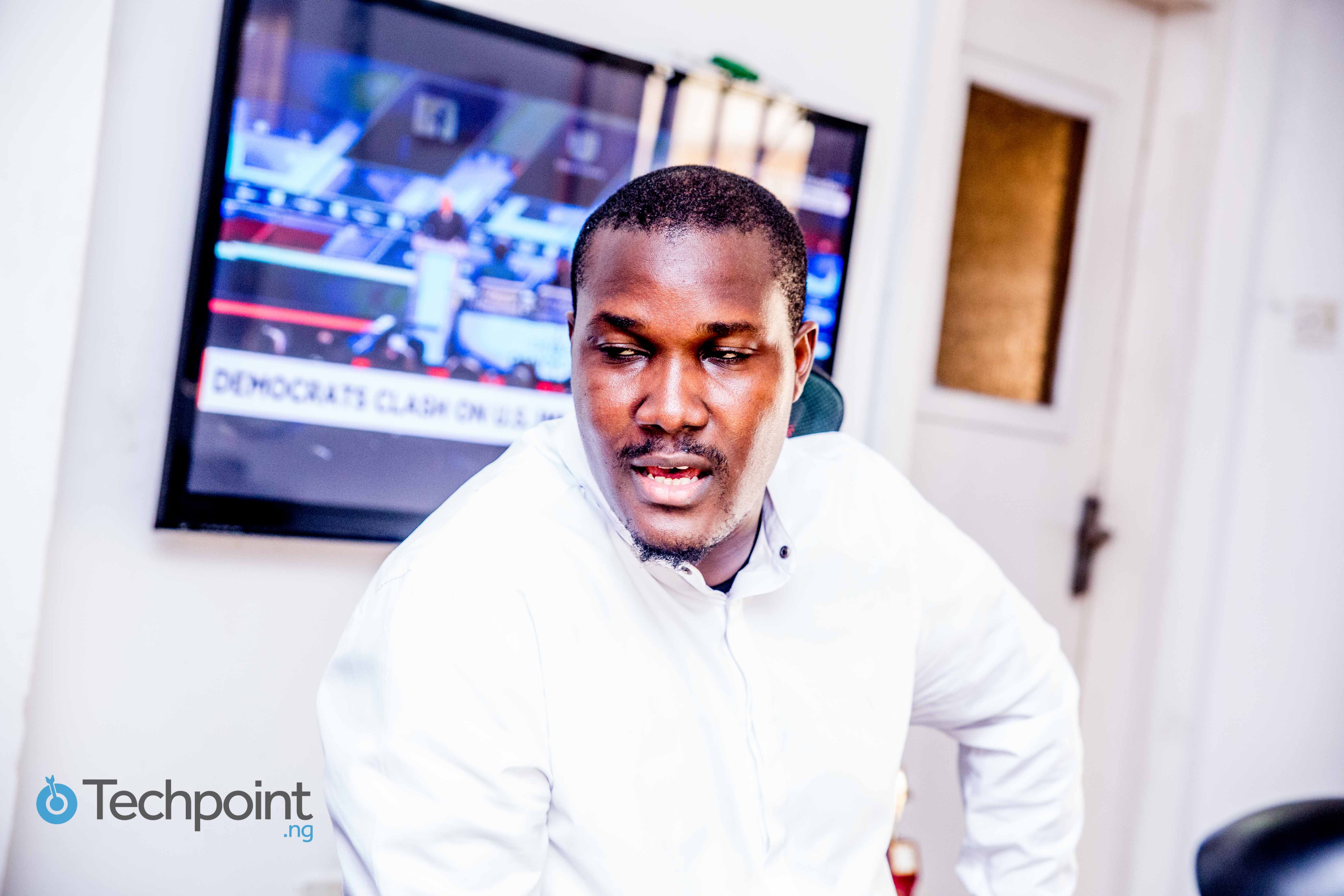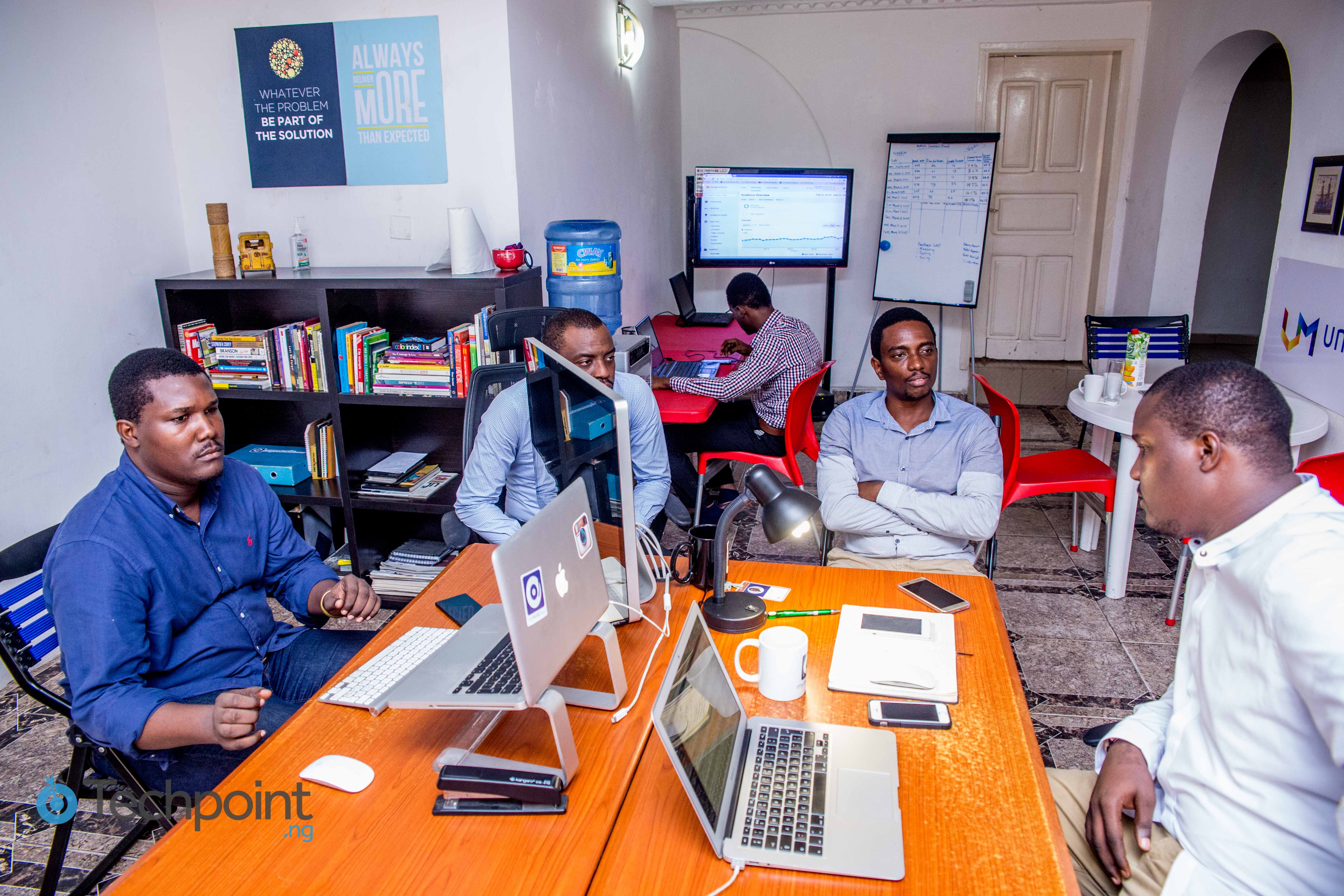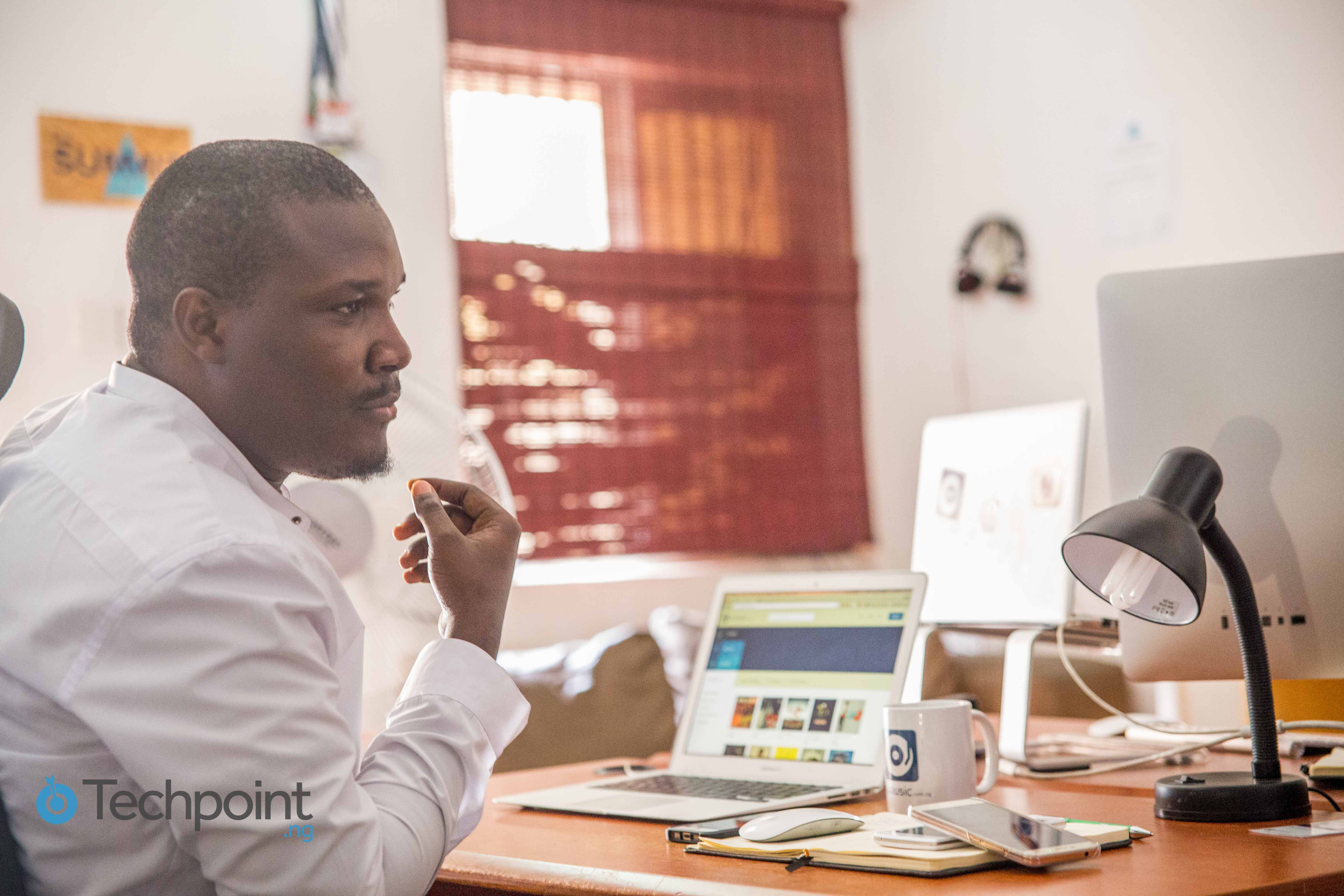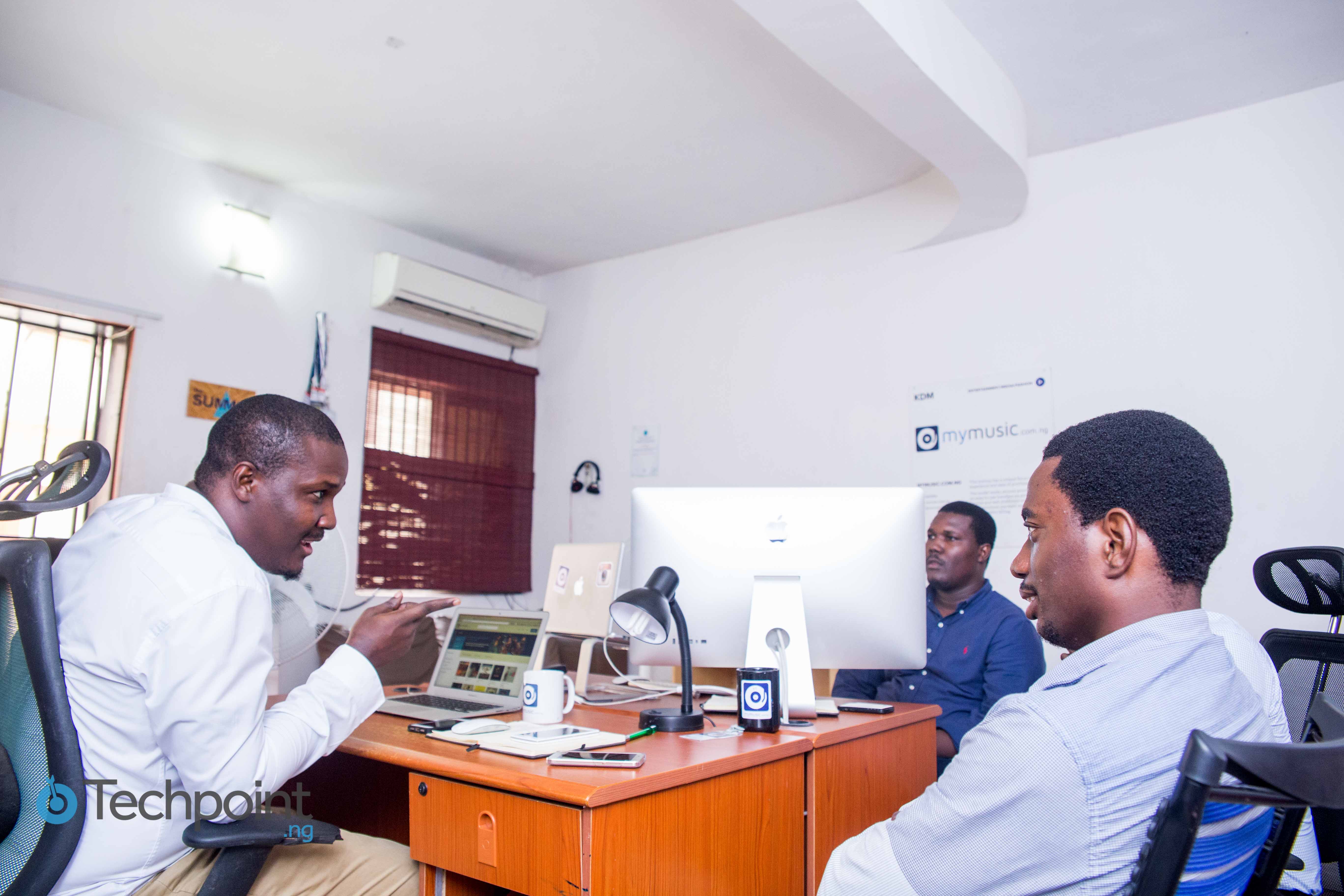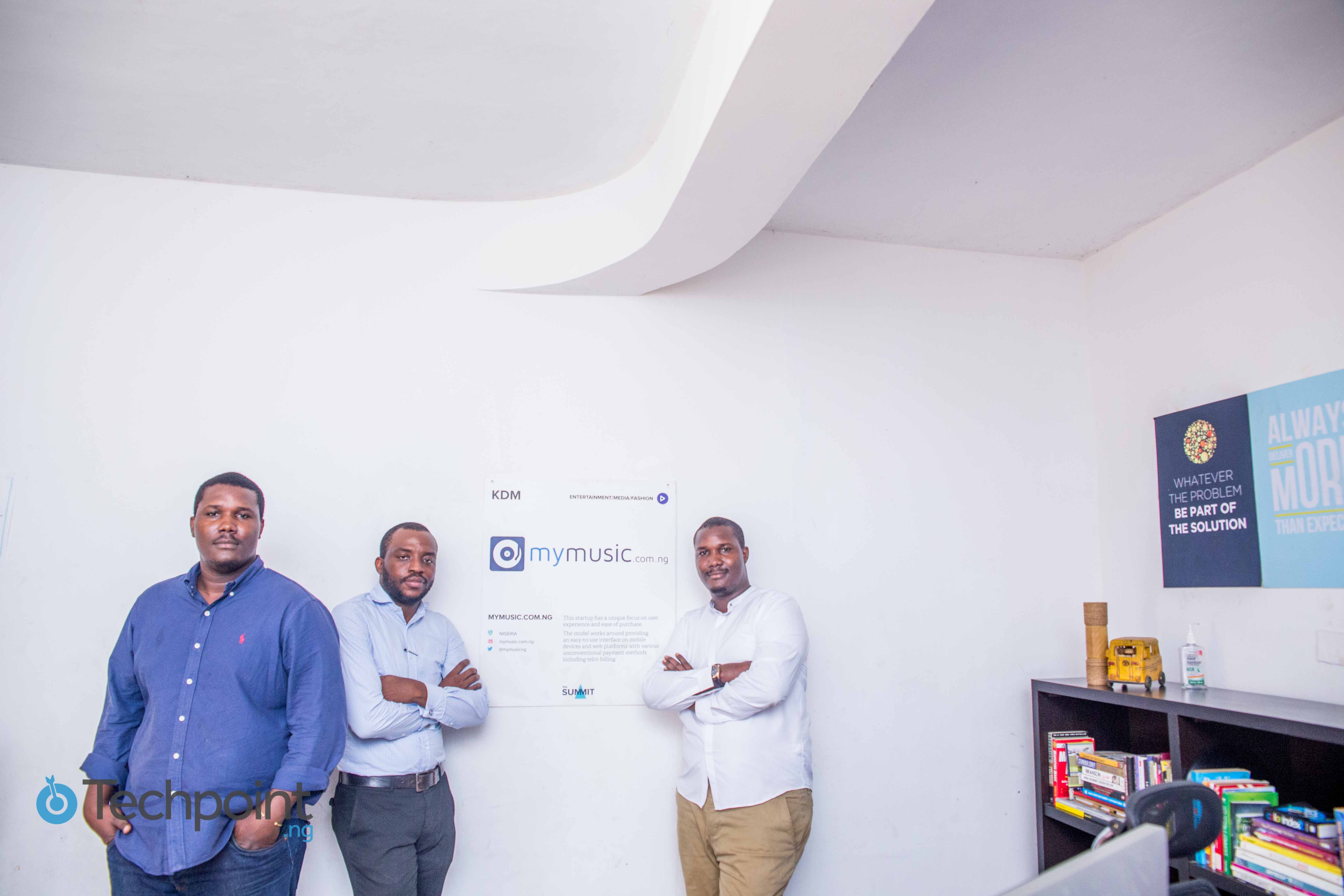 |
| Yewande Sadiku |
Yewande Sadiku, investment banker, takes huge risk committing her life savings and others’ to raise $10 million to produce Nigeria’s international movie, Half of A Yellow Sun
FUNSHO AROGUNDADE
Three times, Yewande Sadiku broke down in tears inside Hall 2 of Ozone Cinemas, Yaba, Lagos. Sadiku, chief executive officer of Stanbic-IBTC Capital Limited, was neither bereaved nor assaulted. But this investment banker of repute, in between sobs, was recalling how she battled hard to overcome what would have injured her reputation as a fund raiser.
 |
| Yewande & Chimamanda |
With an initial budget of $8 million (N1.3 billion), Sadiku, as the head honcho of a respected financial institution, trusted her savvy to get the cash from some investors by just working the phone. But she was disappointed.In the not-too-distant-past, Sadiku had hauled in over $1 billion for some Nigerian investors in a telecommunication company. Months after that, she got a proposal from a friend to raise fund for the production of the movie, Half of A Yellow Sun. After weighing the prospects of the film project, Sadiku acceded to the role of executive producer and source for fund to shoot the movie.
“I never believed it could take me about six years to raise that kind of money. I am an investment banker by profession and part of my specialty is raising money for people. I have headed a team that raised $1 billion for some investors, but never believed that raising money for a personal project would take this long,” Sadiku said.
As she wiped tears rolling down her cheeks, she continued: “I thought it would be very easy to raise $12m (N2 billion) to shoot Half of a Yellow Sun. But I was wrong. Some people that I approached did not believe it could be done as well as did not believe in Nigeria movie industry. It was a hard sell for most of them because they did not believe they could make their money back because film investment does not look attractive. There were many times I broke down with tears in my car, especially when someone had promised to make a commitment and all of a sudden you can’t reach the person anymore or the person stops picking your calls or replying text messages.”
After she was turned down by some investors, the investment banker became very sad and unhappy for Nollywood. But she was not deterred as she believed in the vast potentials inherent in Nollywood, most importantly, the Half of A Yellow Sun film project she had in her hand. Despite the challenges of day-to-day running a financial company, Sadiku devoted her evenings and weekends to meeting with different investors. In 2010, she took a seven-week study leave and travelled to the United States on Eisenhower Fellowship to get trained in the art of film financing.
While there, Sadiku studied the role of the financial sector in supporting the development and growth of the media and entertainment industry in the U.S. Buoyed by her experience in the U.S., Sadiku, on arrival back home and with the support of her husband, took all the risk by selling everything they had and got two other people to put down part of the money. They also borrowed money from bankers and eventually the fund was raised. With the required fund in the kitty and allies in fellow producers like Andre Calderwood, Sandra Obiago and Mukhtar Bakare, the cast and crew stormed Calabar, Cross River State, in May 2012 to shoot and months after, the production was ready.
“If anybody had told me during the fund raising effort that we would get to this point of watching the movie play out on the big screen, I would say it is a lie. But our faith in God and belief in the project was what saw us through,’’ Sadiku told this magazine.
Half of A Yellow Sun is one of the first theatrical flicks that will have a mix of A-list Hollywood actors and some Nollywood greats. Oscar-nominated players Chiewetel Ejifor and Thandie Newton, joined Joseph Mawle, Hakeem Kae-Kazim and Anita Noni Rose to star in the epic love-story alongside Nigeria’s Onyeka Onwenu, Tina Mba, Genevieve Nnaji, Zach Orji and OC Ukeje.
Half of A Yellow Sun is a sweeping romantic drama weaving together the lives of four people swept up in the turbulence of war. It focuses on a journey through the war of the glamorous sisters and twins from a wealthy Nigerian family, Olanna (Newton) and Kainene (Noni Rose), and their lovers, Odenigbo (Chiwetel) and Richard (Mawle).
 |
| Chiwetal in action in the movie |
Returning to a privileged city life in newly independent 1960s Nigeria after their expensive education in England, the two women make very different choices. Olanna shocks her family by going to live with her lover, the revolutionary professor, Odenigbo, and his devoted houseboy, Ugwu (John Boyega), in the dusty university town of Nsukka; Kainene turns out to be a fiercely successful businesswoman when she takes over the family business, as well as falls in love with Richard, an English journalist who is about to take up a teaching job at Nsukka.
However, they become caught up in the events of the Nigerian civil war in which the Igbo people fought an impassioned struggle to establish Biafra as an independent republic, ending in chilling violence which shocked the entire country and the world.
The movie, which has already been screened in Canada and the United Kingdom, had its Lagos premiere on 12 April with many of the leading actors, including Chiwetel, in attendance.
“We must understand that Half of A Yellow Sun isn’t just a story about Nigeria. It has its implications and its relevancies across the world. It is also an international story,” said Chiwetel on the importance of the movie during a media chat in Lagos recently.
The actor, who earned an Oscar nomination for his role as Solomon Northup in the movie 12 Years A Slave, said it has become important to start to tell African stories in a geopolitical context and not just in an abstract context.
“There has been an extraordinary amount of progress in Africa, and people in the west need to recognise that. It hasn’t been recognised,” Chiwetel said.
Biyi Bandele, who screenplayed and directed the movie, said the movie is essentially about people falling in love and the sacrifices you have to make sometimes when you are in a relationship.
He revealed that the movie was shot in just 33 days at Tinapa, Calabar and other locations in Nigeria with actors from more than 12 different countries.
With a budget of over $10 million (N1.7 billion), Half of a Yellow Sun arguably becomes the biggest Nigerian production yet. But why did Yewande Sadiku take such risk, committing such amount of money to shoot a Nigerian-oriented movie project? Sadiku believes the cinematic interpretation of Nigeria’s Chimamanda Adichie’s 2006 award-winning novel of the same title, was worth all the trouble. She sees the film as a bridge between Nigerian cinema and the international film community.
“Most of the local crew members, who make up roughly 60 per cent of the production, are getting their first chance to work on a film with a high level of technical detail, acquiring skills that will help the local industry moving forward,” she explained.
One major fear expressed by critics is the success of the movie at the box office so that Sadiku can recoup her nearly N2 billion investment and help others in raising funds for other ambitious film projects. Sadiku also believes that the success of the film will improve the comfort of Nigerian investors with film investment and allow Nigerian film makers to raise formal financing in the future beyond their circle of family and friends. “I want us to see this project as our own. If it succeeds, we all take the credit. I mean for the first time in our history as a nation, a Nigerian story that was funded wholly from here was screened at the Toronto International Film Festival. That for me is very huge,” Sadiku summed.
And it is also very huge for some critics who have commended the courage of Sadiku as well as lauded the technical quality of the film.
“This is a very courageous move and it demonstrates that it is possible to make a high quality production in Nigeria with the appropriate budget and technical input,” said Steve Ayorinde, former managing director, National Mirror and film aficionado.
“Half of a Yellow Sun has been a huge success in different parts of the world and it’s time to take hold of our very own as it comes home. At this point, this movie has proven that we can have good picture, sound, originality and professionalism in Nollywood,” said Shaibu Hussein, movie journalist with The Guardian.
For Toni Kan, Half of A Yellow Sun is a must watch for every Nigerian. “People must go and watch it because it is a valuable piece of Nigeria’s cinema history. It will teach you and touch you in many ways and with 2015 approaching and rabble-rousers banging on the drums of war, this love story set in the time of war will give you perspective. War is evil but love conquers all,” Kan told TheNEWS.
The movie opens at various cinemas across Nigeria on 25 April.
This story was first published in the 28 April 2014 edition of TheNEWS magazine.
http://thenewsnigeria.com.ng/2014/04/yewande-sadiku-nollywoods-risk-taker/















